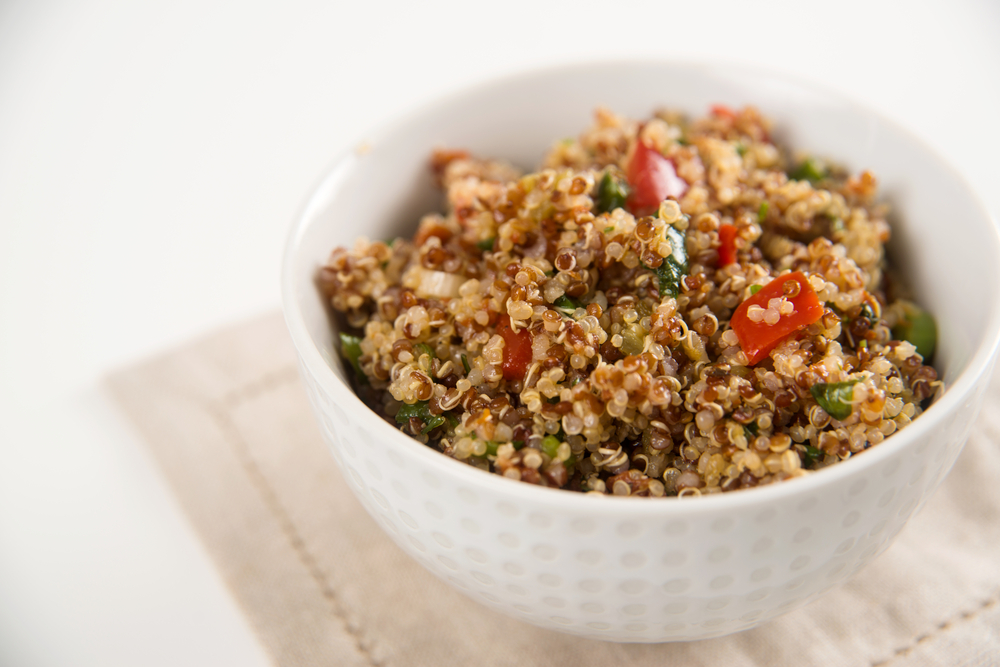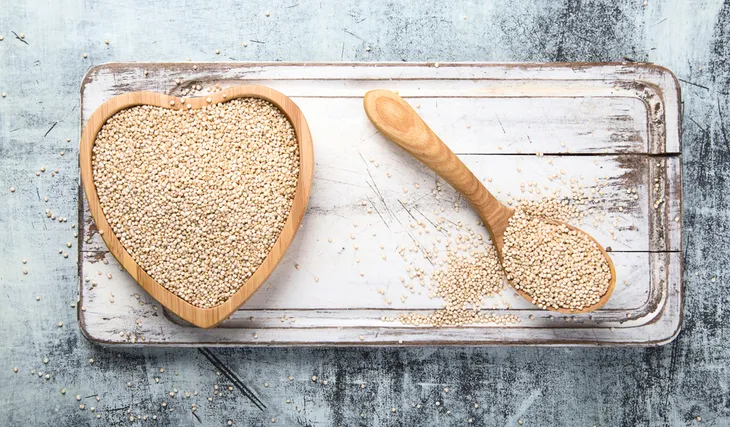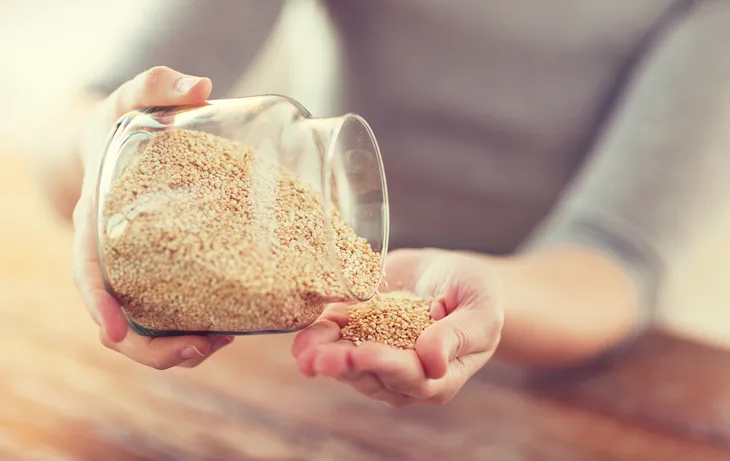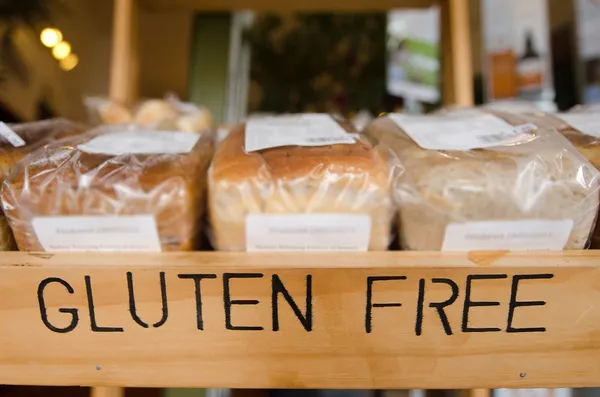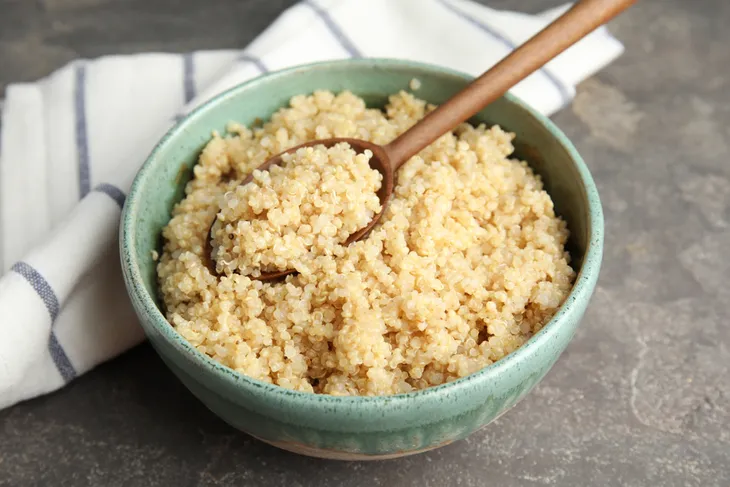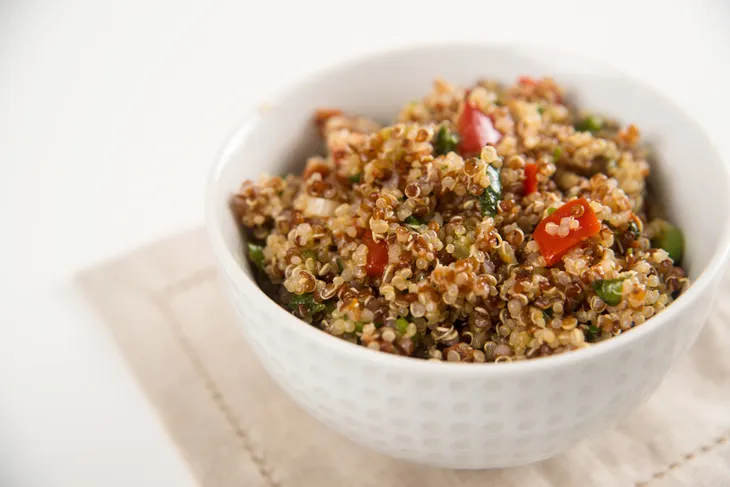It would seem that the super food quinoa lives up to it’s health star status. The super grain is actually pretty amazing, but even though it’s a newer feature in North American health food and grocery stores, this super seed derived from the spinach plant has been utilized for thousands of year by Incan cultures.
Here’s more on the health benefits of quinoa…
1. So What’s Quinoa’s Story?
Quinoa is known as a pseudo-cereal, and no I’m not talking about cereal as if it’s a box of breakfast cereal. Cereal is a type of grass from the monocot family poaceae.
Cereals include things like rice, wheat and barley. So tack on pseudo and you’ve got pseudo-cereal—which incorporates any kind of non-grass used in similar ways as cereals. Quinoa is a pseudo cereal along with buckwheat, chia, breadnut, and wattleseed.
2. Complete Protein Powders
Quinoa is full of protein compared to other cereals and pseudo cereals. This explains that major popularity of this super seed around the world.
Just as an example, consider that 100-grams of quinoa offers approximately 14-grams of protein. Compare it to 100-grams of rice at roughly 2.6-grams of protein and you can see why quinoa is considered a complete protein grain. The protein in quinoa comes from lysine, a rare amino acid not present in many other grains.
3. Quinoa is Gluten Free
The popularity of quinoa has also skyrocketed as more people are looking for foods to include in their diet that are nutritious, but also gluten free.
Quinoa is a great diet staple for people who suffer from celiac disease or are gluten sensitive.
4. Cooking Quinoa
When it comes to preparation, there are a few things you should know about Quinoa. First off, you can store quinoa for up to a year in airtight containers in a dry, darkly lit cupboard.
When it comes to cooking quinoa, you should remember to rinse thoroughly in a strainer before boiling. This is because quinoa is coated with natural, bitter saponins, which are chemical compounds in many plant species. Saponins will often leave a sour and soapy taste in your mouth, even if your quinoa comes pre-rinsed.
5. Enjoying the Super Grain
I talk a lot about quinoa on this site, but I get a lot of readers asking, “How the heck do I eat Quinoa?” Fortunately the options are numerous and versatile, and I encourage you to experiment.
To start, keep your preparation simple by boiling quinoa as sides for stir fried vegetables, a stew or chili, or as a cold salad topper. Once you get more adventurous with the grain, try subbing oats to use quinoa as a hot morning cereal. You can also bake with quinoa—this grain tastes great in cookies, pancakes, granola, and even in snack bars!
